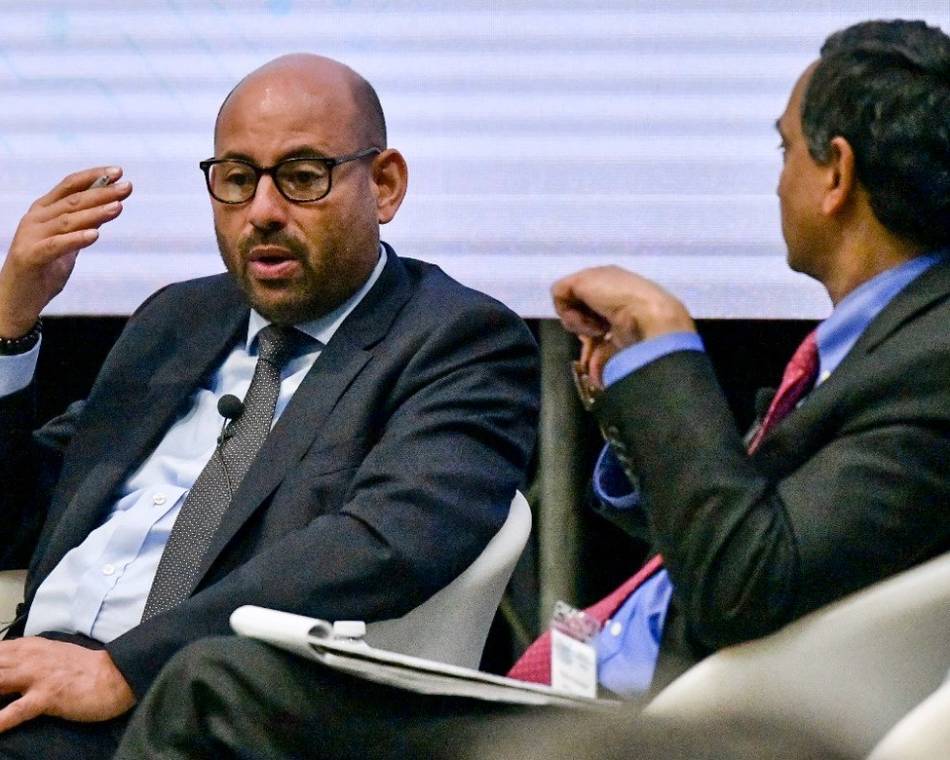Simon Stiell, a former senior official in Grenada's government and engineer with wide-ranging experience at tech companies, said on Wednesday he has taken up his new job as U.N. climate chief.
He assumes a key leadership role in the global effort to "turn promises into actions," as he put it in announcing he had started the new position. U.N. Secretary-General António Guterres announced Stiell's appointment earlier this month to succeed Mexico's Patricia Espinosa as executive secretary of the U.N. Framework Convention on Climate Change, or UNFCCC.







